Feature
-
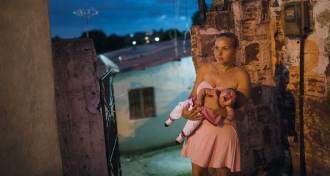 Health & Medicine
Health & MedicineYear in review: Zika virus devastates Brazil and spreads fear across Americas
The increase in microcephaly in Brazil has spread fear of Zika infection across the Americas.
By Meghan Rosen -
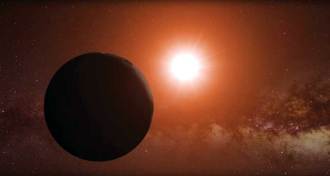 Astronomy
AstronomyYear in review: A planet lurks around the star next door
If people ever travel beyond the solar system, the newly discovered exoplanet around Proxima Centauri is likely to be a first stop.
-
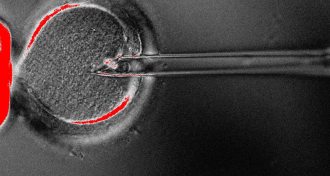 Genetics
GeneticsYear in review: ‘Three-parent baby’ technique raises hope and concern
Safety and ethical concerns surround controversial mitochondrial replacement therapy.
-
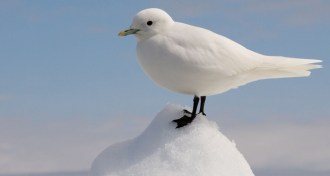 Climate
ClimateYear in review: Sea ice loss will shake up ecosystems
Researchers are studying the complex biological consequences of polar melting and opening Arctic passageways.
By Susan Milius -
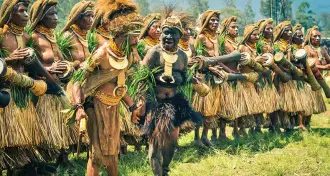 Genetics
GeneticsYear in review: How humans populated the globe
DNA studies put new twists on timing of ancient human migrations – but genetics alone are not enough to tell the full story.
By Bruce Bower -
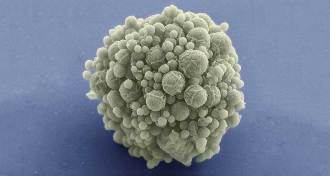 Life
LifeYear in review: ‘Minimal genome’ makes its debut
A synthetic cell reported this year jettisons unnecessary genes and embraces human design principles.
-
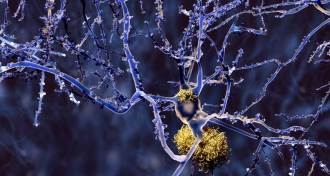 Neuroscience
NeuroscienceYear in review: Alzheimer’s drug may clarify disease’s origins
Researchers will now test whether a treatment that swept away amyloid brain plaques also improves cognitive performance.
-
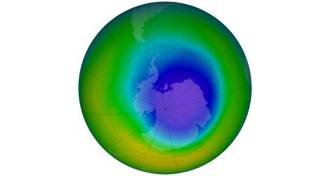 Earth
EarthYear in review: Ozone hole officially on the mend
Research this year confirms that the Antarctic ozone hole is healing — an international success attributed to cooperation and new technologies.
-
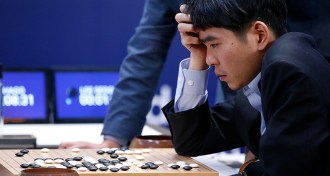 Computing
ComputingYear in review: AlphaGo scores a win for artificial intelligence
AlphaGo’s triumph over its human opponent provides a glimpse into the future of artificial intelligence.
-
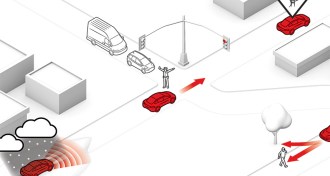 Tech
TechFive challenges for self-driving cars
Scientific and technical experts weigh in on the biggest hurdles for autonomous vehicles, and how ongoing research will help.
-
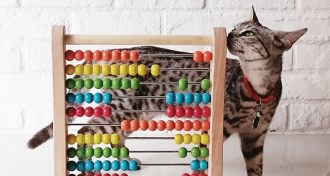 Animals
AnimalsAnimals give clues to the origins of human number crunching
Guppies, dogs, chickens, crows, spiders — lots of animals have number sense without knowing numbers.
By Susan Milius -
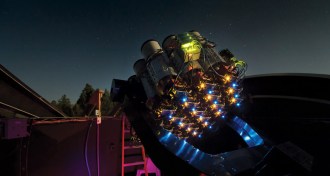 Astronomy
AstronomyStar-starved galaxies fill the cosmos
Astronomers are detecting hundreds of galaxies that are almost devoid of stars. There are at least four theories on how they got that way.